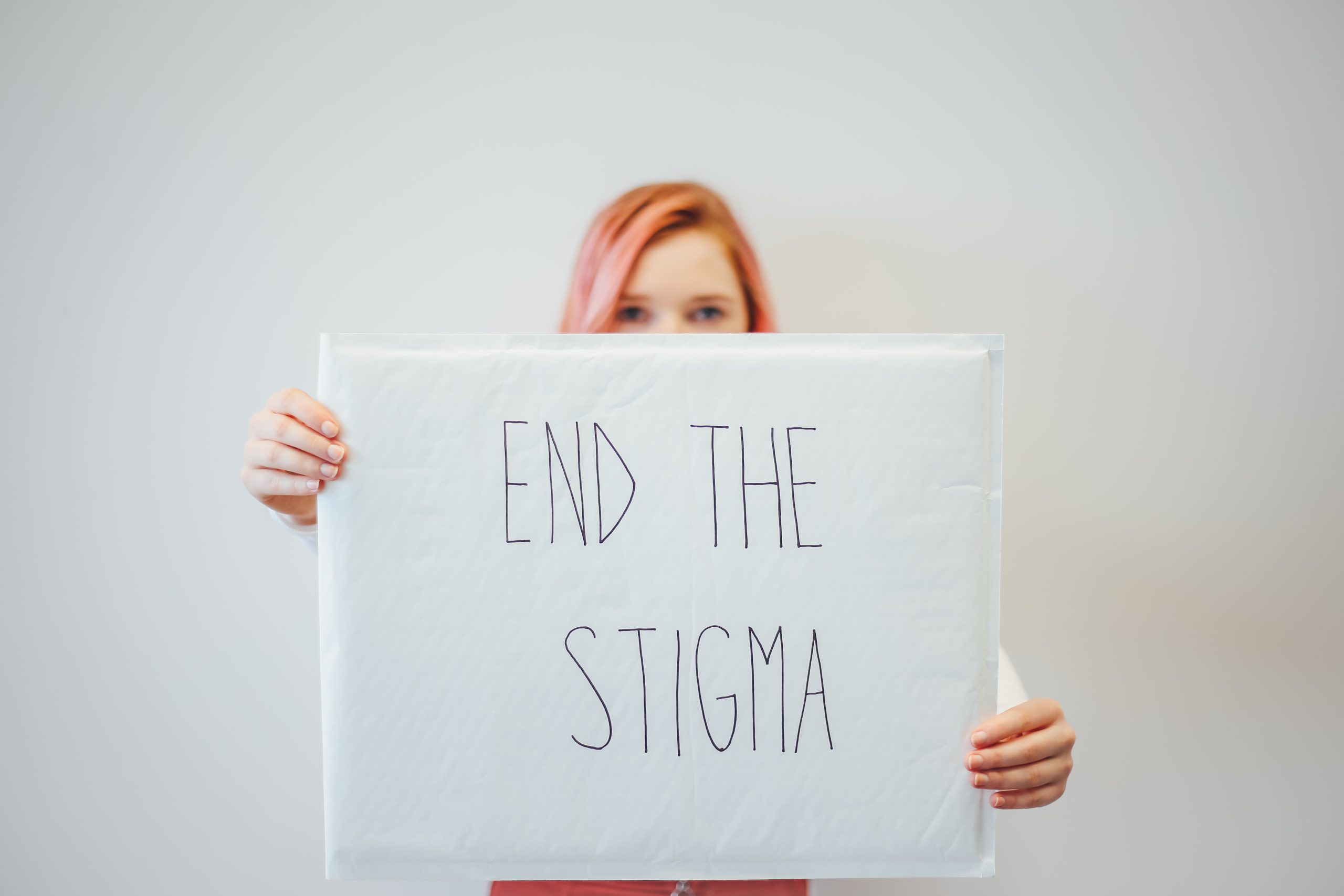I must start this article by acknowledging and praising the progress that has been made so far towards destigmatising mental illness. Only a couple of decades ago, even uttering the words ‘mental illness’ would have been enough to shun you from society. The notion of poor mental health was barely conceptualised, and the chances of receiving either a diagnosis or treatment were so slim, it seemed futile to even try.
Flash forward to November 2017, and there has undeniably been a considerable amount of progress. Now, more than ever, it is impossible not to notice the growing mental health crisis. The media flaunts shocking facts and figures, there are multiple days throughout the calendar dedicated to raising awareness of mental health, and celebrities speak out about their own private experiences. Even some politicians are finally acknowledging that mental health matters, and it must be spoken about.
Our progress so far certainly deserves recognition. But the pathway to destigmatising mental illness is labyrinthine, and we are only at the beginning.
The reality is that while many of us are less afraid to speak up about mental illness, an equal amount of people are still afraid to listen. Even within the group of people that will listen, there is a smaller number still of people who are genuinely accepting.
It has never been clearer that, just because we are more open about the topic of mental illness, this does not mean there is any less judgment. Most of the shame that was developed in the past still lingers today, making conversations feel uncomfortable and making sufferers like myself still feel ashamed.
What is also noticeable is that the reduction in stigma seems to focus around just a handful of mental illnesses. There is no criticism to be made over talking more about depression and anxiety, but too often we ignore less known, and arguably less socially-acceptable, illnesses. Whilst there has been rapid progress towards accepting certain disorders, others get lost in the background and their perceived abnormality is exacerbated further.
But this journey is not, and should not be, about just one or two disorders. The aim of destigmatising mental health is not about accepting and acknowledging symptoms to specific disorders.
What we should aim for is a world where mental illness as a whole is not doubted. Where every symptom and every disorder is equally acknowledged.Where it is no scarier to say ‘I have psychosis’ than it is to say ‘I have depression’. Where it is no scarier to say ‘I have depression’ than it is to say ‘I have diabetes’. Where physical and mental illness are viewed the same way by society.
As it stands, we clearly have a tremendous amount of work to do before we achieve this goal. We cannot pat ourselves on the back and think that the job is done just because we are learning to discuss mental illness. Achieving this goal takes more than talking, more than writing; it requires a change in the deep-rooted fears and attitudes towards mental illness.
It requires efforts from the ill and efforts from the healthy, efforts from the speakers and efforts from the listeners.
Ending the stigma around mental illness can start with you and I being honest and understanding about mental health, but it must end with the world entire.
[Image: Sara Konradi]

